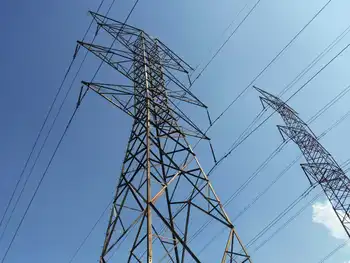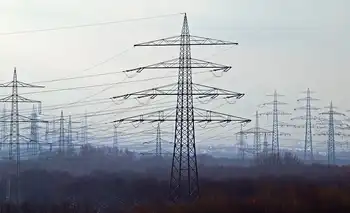Nova Scotia charges ahead on renewables
NOVA SCOTIA - Nova Scotians can expect to pay more for power as the province ramps up its green energy program.
The government plans for 40 per cent of all electricity to come from renewable sources by 2020. That would supply as many as 500,000 homes.
The NDP government has already set a goal of 25 per cent by 2015, and now plans to make that law.
Currently, only 12 per cent of Nova Scotias power comes from renewable sources such as wind turbines. Most of the provinces electricity is generated in coalfired plants.
These standards make Nova Scotia one of the most progressive energy jurisdictions in the world, said Premier Darrell Dexter. There are costs but in the long run consumers will pay less than if we stay on the current path.
The provinces plan, which includes a guaranteed price for communitybased power producers, is expected to attract $1.5 billion in new investments and create hundreds of jobs.
Residential power bills are expected to climb. In five years, the average household could pay an additional $15 a year to help the province reach its goals.
Provincial officials said their aggressive plan will make Nova Scotia a global leader in green energy.
I think they are stretch targets but they are achievable, said Robin McAdam, Nova Scotia Powers vicepresident of sustainable development. We arent hamstrung if tidal [power] doesnt pan out.
Premier Darrell Dexter said it will mean more stable power prices for consumers and a more secure supply of energy.
Related News

Hydro-Québec to Invest $750 Million in Carillon Generating Station
MONTREAL - Hydro-Québec will invest $750 million to refurbish its Carillon generating station, mainly to replace six generating units. The investment also covers the cost of civil engineering work, including making adjustments to water passageways, upgrading electrical equipment and replacing the station roof. Work will start in 2021 and continue until 2027.
Carillon generating station is a run-of-river power plant consisting of 14 generating units with a total installed capacity of 753 MW. Built in the early 1960s, it is a key part of Hydro-Québec's hydroelectric generating fleet. The station is close to the greater Montréal area and feeds power into…




